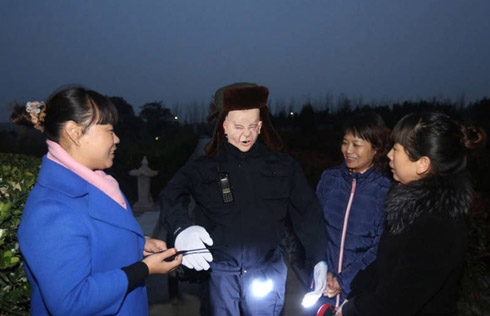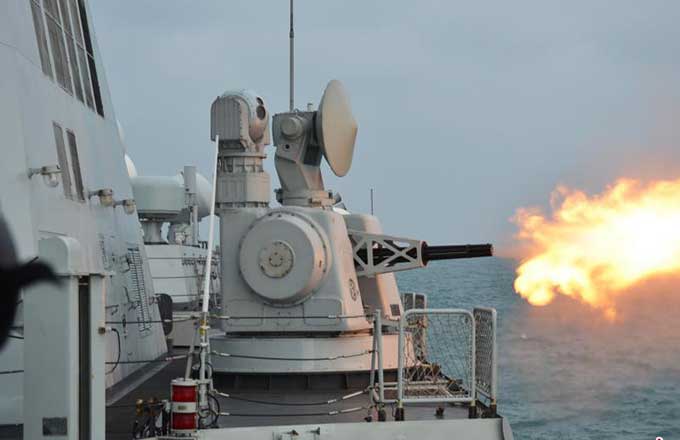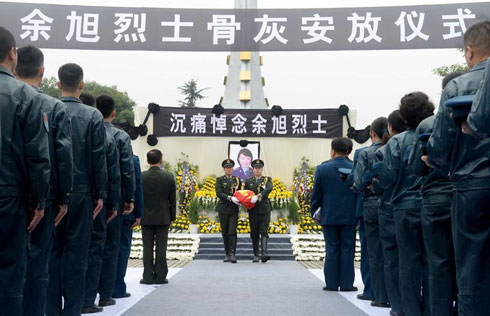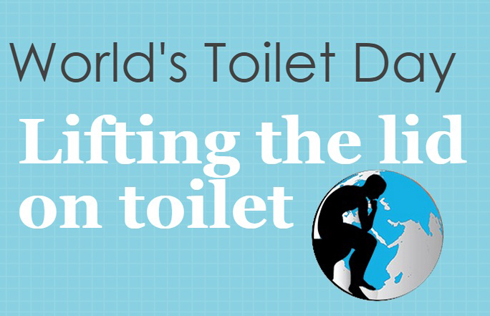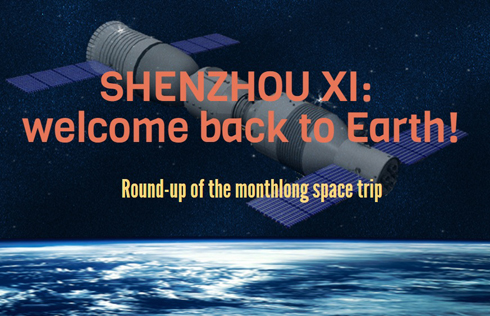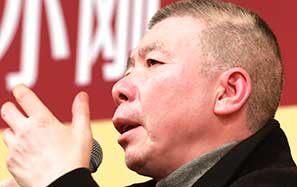Satellite to blaze trail for hack-proof communication
China launched the world's first quantum experiment satellite on Tuesday, taking a big step in building a space-based quantum communication network that would be virtually uncrackable.
The 631-kg satellite, named after the ancient Chinese philosopher and scientist Micius, was lifted atop a Long March 2D rocket from the Jiuquan Satellite Launch Center in Gansu province at 1:40 am. It will operate 500 kilometers above Earth for at least two years.
It is the third of the Chinese Academy of Sciences' first space science satellites. Micius follows the Dark Matter Particle Explorer Satellite, which will help scientists deepen their understanding of the past and future of galaxies and the universe, and the Shijian 10, which carried out a series of experiments in microgravity in space, according to scientists at the academy.
The Micius will test the technology of relaying quantum keys, which can be used to encrypt or decrypt data, between ground stations and the satellite, Gong Jiancun, deputy director of the academy's National Space Science Center, told reporters at the launch center.
He said the experiment will involve encoding and sharing of a cryptographic key using the quantum properties of photons, with the aim of paving the way for the commercial use of quantum communications.
Previous research has found that it is practically impossible to crack, intercept or wiretap quantum communications because the physical traits of the quantum key prevent it from being replicated, separated or reverse-engineered.
Any attempt to interfere with the transmission of photons would leave its mark and disrupt the communication, thereby warning the sender and receiver.
Another task of Micius will be to conduct experiments to help scientists improve their research of quantum mechanics, Gong said.
Pan Jianwei, an academician at CAS and chief scientist for the quantum satellite project, said, "Once the tests and experiments prove successful, quantum communications technology will start to be adopted in some business sectors such as the finance and banking industries. "In the near future, say 15 years, it will also find a way into people's lives, thanks to the development of infrastructure."
Wang Jianyu, the quantum satellite project's executive deputy head, said the satellite's instruments are very advanced, so they can meet the tough requirements of the mission's experiments.
"Matching the photon beam with the ground station is like throwing coins in succession from 10,000 meters above the ground, and they must fall into the narrow slot of a moving piggy bank," he said.
"Moreover, detecting the photons requires the equipment to be so sensitive that you can use it to find a match that is on fire on the surface of the moon. The satellite's accuracy and agility are the best, compared with other Chinese satellites."
China's second space laboratory, Tiangong II, which will be sent into space in mid-September, will also perform quantum key distribution experiments, said Pan.
In addition to China, researchers in Austria, Germany, Singapore, the United Kingdom, Canada and Italy are also developing quantum communication technologies, he said.
"We are in cooperation with Austrian researchers in the Micius project, while our counterparts in Germany and Italy will join us later. Canada also wants to be part of the program and is in talks with us on this matter," Pan said. "This is because Chinese scientists are good in this field."




